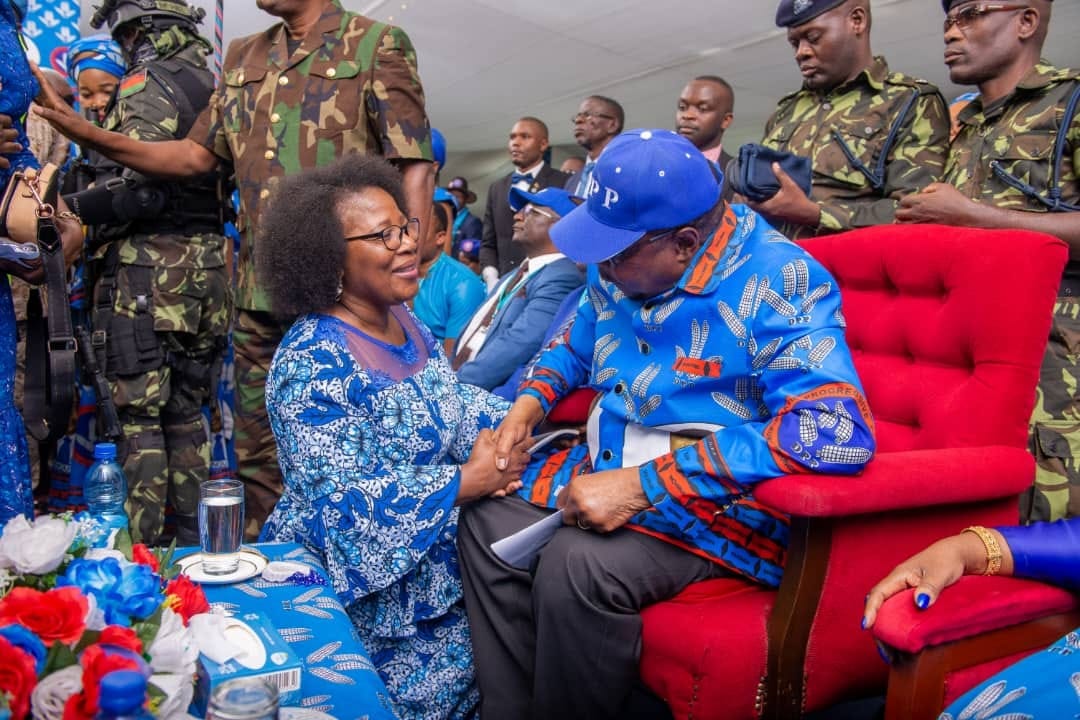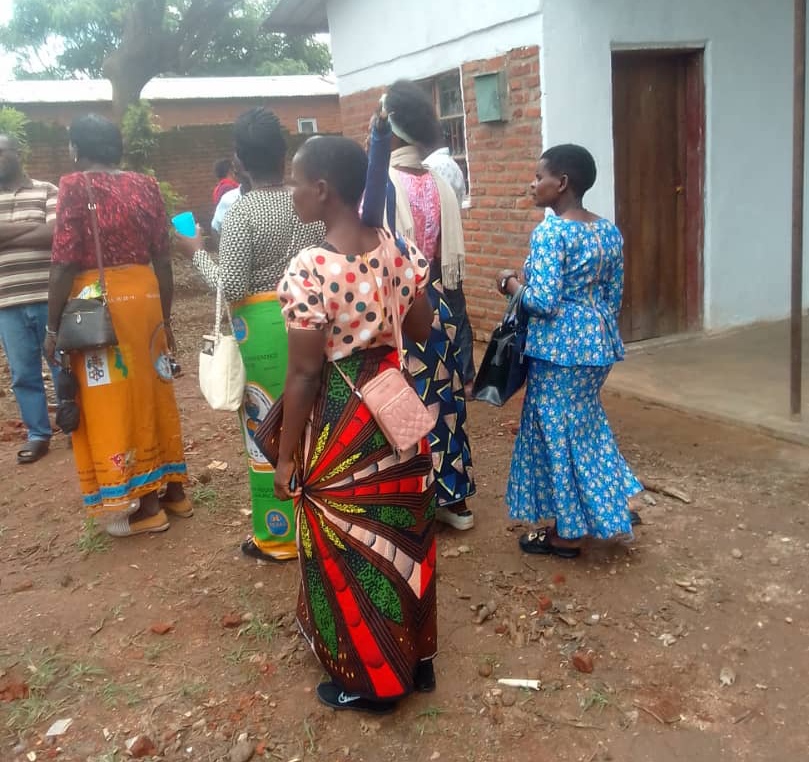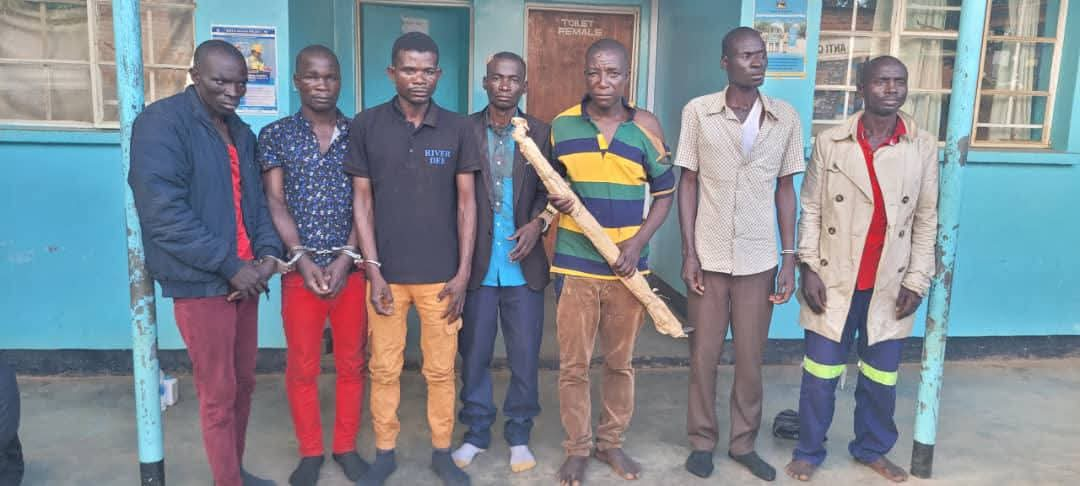By Twink Jones Gadama
The recent article by Lyson Goodwin Sibande, criticizing DPP’s stance on electoral reforms, raises important questions about the party’s commitment to free and fair elections.
However, it’s crucial to examine the context and motivations behind DPP’s actions.
While it’s true that DPP defended the 2019 election results, it’s also important to acknowledge that the party has since acknowledged the need for electoral reforms.
The call for MEC chair Justice Annabel Mtalimanja’s resignation is not about undermining the electoral process but rather ensuring its integrity.
Moreover, Sibande’s assertions about DPP’s hypocrisy seem to be driven by a biased perspective, overlooking the party’s efforts to address electoral irregularities.
A closer look at the events leading up to the 2020 elections reveals a complex situation, with multiple actors involved.
It’s essential to recognize that DPP, AFORD, and UTM are working together to advocate for electoral reforms, which is a positive step towards strengthening Malawi’s democracy.
Rather than dismissing their efforts as hypocritical, we should encourage constructive dialogue and collaboration.
Exposing Biased Perspectives
A critical examination of Sibande’s article reveals a clear bias towards MCP, with the author failing to provide balanced reporting.
As an MCP supporter, Sibande’s views are tainted by party loyalty, undermining his credibility on this issue.
The article’s tone and language suggest a deliberate attempt to discredit DPP and its leaders, rather than engaging in constructive criticism.
This approach does little to advance the conversation on electoral reforms and only serves to polarize the debate.
The Way Forward
To truly address electoral irregularities and ensure free and fair elections, Malawians must engage in inclusive and respectful dialogue.
This requires setting aside party affiliations and focusing on the common goal of strengthening democracy.
DPP’s call for electoral reforms should be seen as an opportunity for collaboration, rather than an admission of guilt.
By working together, Malawian parties can create a more transparent and accountable electoral process.
In conclusion, while Sibande’s article raises important concerns, its biased perspective and failure to provide balanced reporting undermine its credibility.
A more constructive approach to addressing electoral reforms is necessary, one that prioritizes collaboration and inclusivity.




